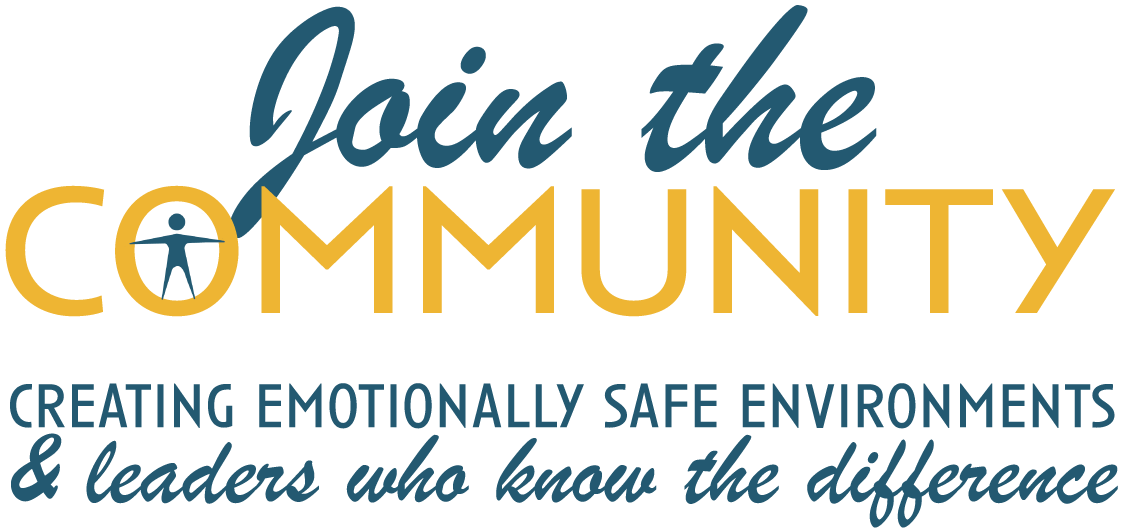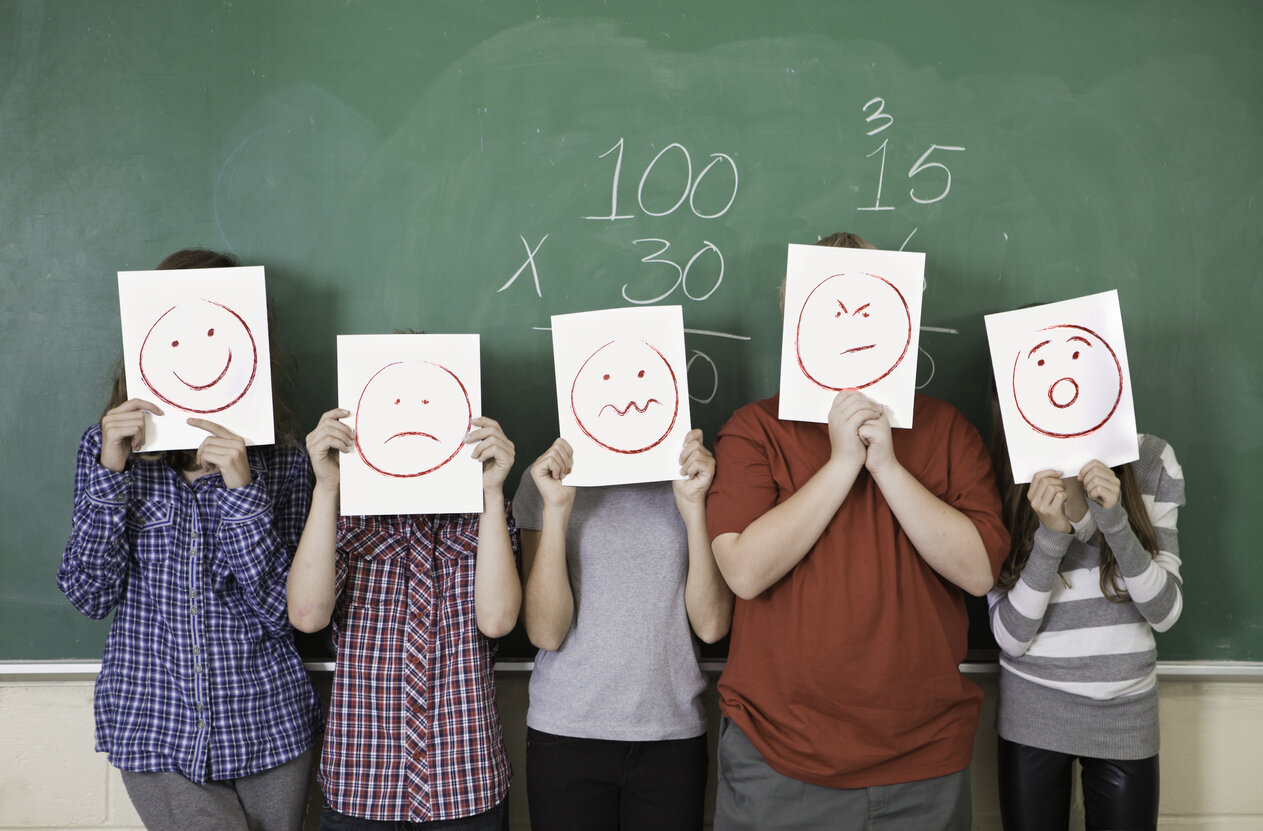How to Reframe Mistakes with Social Emotional Exercises
I made a mistake, it’s OK!
Growing up we are always told, “Make mistakes, that is how you learn”.
When you are little that is an OK thing to do but as you get older, pre-teen to full blown teenager a mistake can feel like social suicide. It’s very important to help the teens in your life recognize that their mistakes do not define them. But that mistakes should be celebrated as opportunities to learn and grow. The question is how to we teach them that mistakes are OK without the blank stare, eye rolling or the proverbial, “you don’t understand me”!
These conversations can be brought up at home, on zoom or in the classroom. The idea is to do it in a manner that initiates conversations. For now, let’s pretend we are in a classroom, in person or zoom…
Start with a story, a mistake you made in life. It could be as simple as forgetting your car keys or sending a text to the wrong person. That one will resonate with your class!
Let’s pretend we sent a text to the wrong person. Ask your class to come up with some common responses. Give them a minute to think about what they say in their head when they make a mistake compared to what people actually say. The responses will often surprise you.
What teens think when they make a mistake compared to what others actually say often does not jive. Teens and adults alike are often harder on themselves than they need to be.
Gut reactions to mistakes of all sizes are often very negative. This negativity makes us feel more frustrated and down on ourselves than is necessary. We might think “I’m so stupid” or “now my whole day is ruined”. Self-esteem takes a blow and insecurities step in, instead of realizing that mistakes are just a part of life.
A simple mistake can feel like social suicide.
“Now, my whole day is ruined”.
Now, ask your class to take 2 minutes to think in pairs of a different response that can be given when things go wrong. They should reframe the mistake and come up with a positive response that will teach them that mistakes can be celebrated. Help them to learn laugh at themselves for the mistake they made. “I can’t believe I sent that text, my head is in the clouds. Good think I didn’t send it to my grandma….” We offer special social emotional skills lesson plans and exercises to teach you just that.”
Share an awkward moment you had personally, then share the positive affect that came from it.
Personal stories are worth their weight in gold!
Why would this be important in school?
IF this becomes a common language amongst a group of teens they will naturally start to support each other and learn to say, “it’s OK”. Without these conversations they often turn to, “I can’t believe you did that” or “what an idiot”. These responses break down community and self-esteem. We need to build our teens up. Give them social emotional tools to be confident and strong. Especially when they make mistakes! All these exercises and tricks can be amalgamated into one place with the help of our social emotional lesson plans.
Join the Community has over 50 tools that can help teens support each other and build a strong community at school or even better in your classroom.





